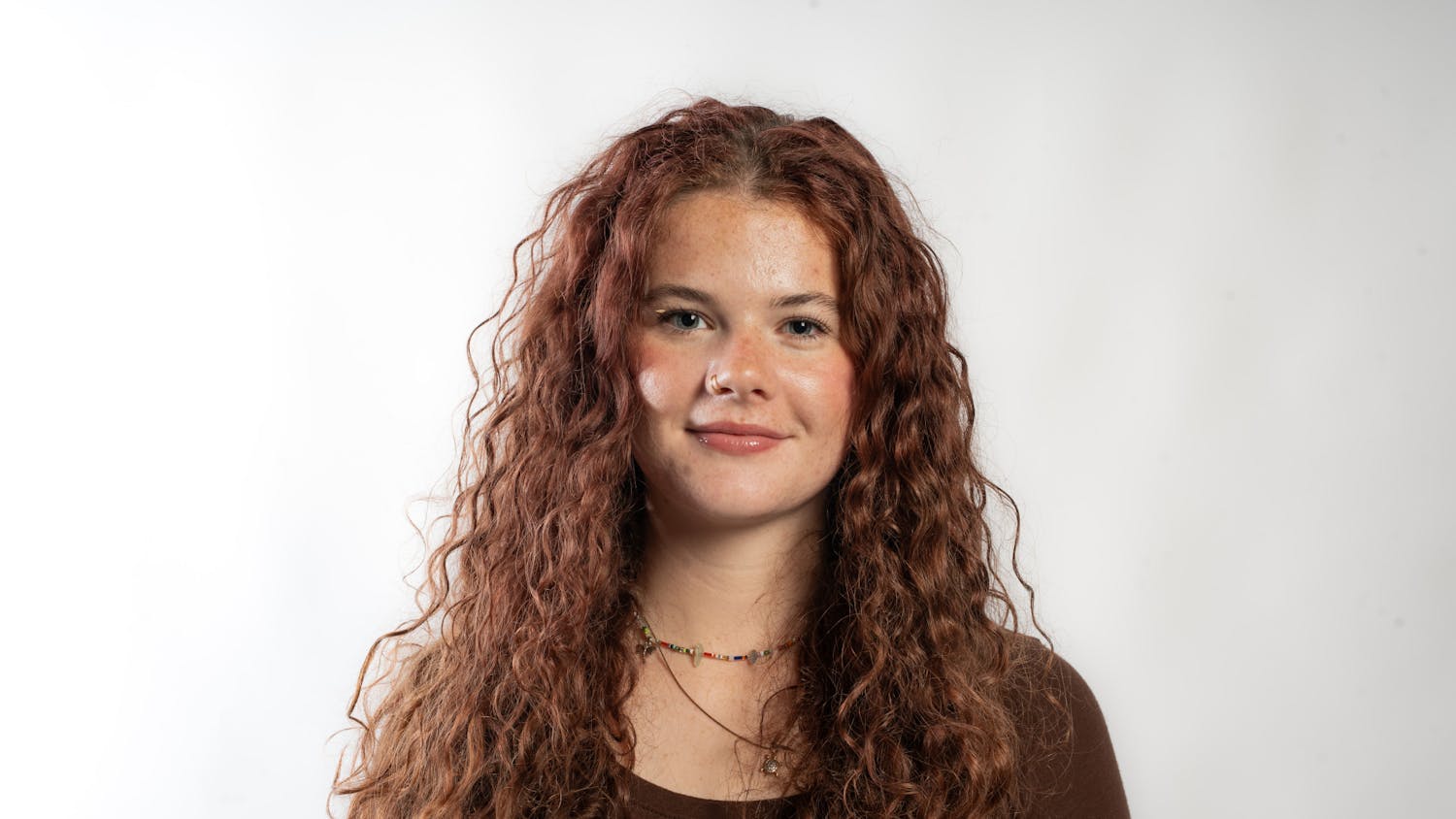Lost in the ebb tide of mixed feelings, you wave goodbye to your family and friends one last time. Your luggage is weighed, labeled and carted off. Your passport and ticket are dutifully checked and stamped. The security system is soothingly silent as you pass through its arch and put on your clothes.
As the plane takes off, you watch the patchwork of your home country shrink and disappear. “Will it be different there?” You close your eyes and contemplate the new you. No looking back; you are an international student now.
According to statistics published by the Institute of International Education, the number of international students in the United States between 2010 and 2011 amounted to 723,277. The top five countries are China, India, South Korea, Canada and Taiwan.
By now, most universities have special programs and events aimed at supporting international students during their studies, helping them to integrate and become part of the community. Students can take language courses, attend cultural events designed to promote their countries on campuses, and cooperate with their “native” colleagues.
Simultaneously, the voices of discontent are frequently heard. Some international students complain about being isolated from their non-international peers and about having fewer chances and privileges when competing with other students. To add insult to injury, some foreign students claim to be shunned, merely “tolerated” and “looked down on.” With all those foreign students’ offices and centers on campuses, does evidence exist to justify their claims, and can we tackle this problem?
I can attest that coming to another country to study always is and should be harder than in your home country. Not only do you learn new material — sometimes having to catch up or change your approach to the study process — but you also plunge into a culture with different behavior patterns from those of your home country.
Friendship and relationships are understood differently. Time management and planning are totally beyond what you are used to. It is a new rhythm and new rules that you’re embracing. Turn to the foreign students support programs for help and advice, but don’t expect them to erase all of your problems.
They won’t.
Only you can make your studies productive and enjoyable. You can persist and stick to your old ways, resisting change, but feel isolated by those “snub-nosed natives.” Or, you can psychologically adjust to a new setting, work hard on your language skills and do your best to understand the culture and the people around you. No one intends to suppress you or stifle your progress, but remember to play by the rules of the “gentlemen’s club” you are in.
As the plane touches the ground, you open your eyes and set foot on a new land. As you reset your watch, don’t forget that, to fit in, your mind too should be readjusted.
Nadja Panchenko is a graduate student studying journalism and American studies who attended Ohio University last quarter and is a columnist for The Post. She is continuing her studies at Leipzig University. Email her at np577711@ohiou.edu.





